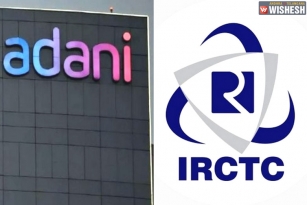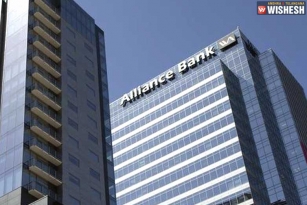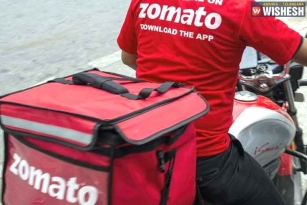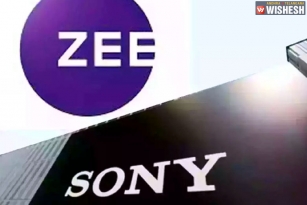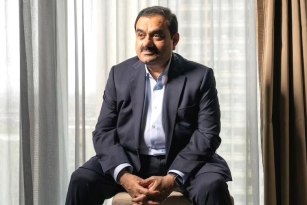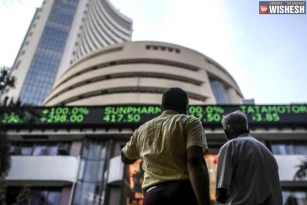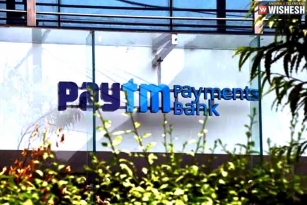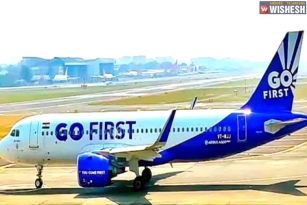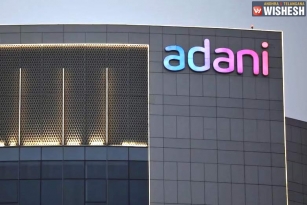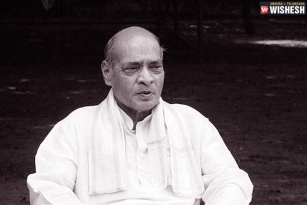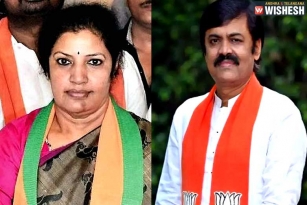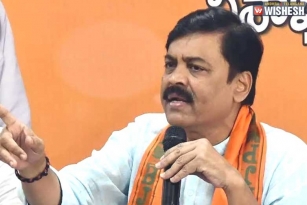
With the MHA (Ministry Home Affairs) getting to the roots of the rumour propaganda through bulk SMS, the Government had banned bulk SMS for a fortnight. On one side the average mobile user must be happy man to have his inbox free for the next two weeks. However many businesses that rely on bulk SMS like online shopping sites and many more will have a dip in sales after the ban. But more predominantly the service providers will have a soar dip in their profits for this month. On an average that was noted in the wiki in 2010, almost a whopping 193,000 SMS were sent across the globe per second. An if we consider that each SMS would approximately bring in, revenue of 0.10ps per message then imagine the loss. However when country's security is concerned the loss is sure to be sidelined.
But as per estimates service providers would have a dip in sales nearly 30percent or more say observers. That is a big loss ofcourse. However there is speculations that the department of telecommunications (DoT) might ask the operators to allow emergency services from banks, railways and airlines. But, there is no clarity on whether other emergency services could be allowed. However this is not a solitary instance when such bans were introduced, it is also a pert of the agreement with the service providers and DOT. Earlier on Independence Day, bulk SMS service was not allowed in Jammu and Kashmir. And after the Ayodha verdict, bulk the service was banned for a certain time period, too.
The reasons for the ban were, as the country celebrated its 66th Independence day on August 15. After some riots in Assam, the North Eastern residents of the state stayed in various places in the country, received SMS that there could be repercussions of the riots felt across. Fearing such fake bulk SMS propaganda, mass exodus of Assamese was noticed across the south mainly from Maharashtra, Karnataka and Andhra Pradesh, in the last three days. (With inputs from internet-AW AarKay)





